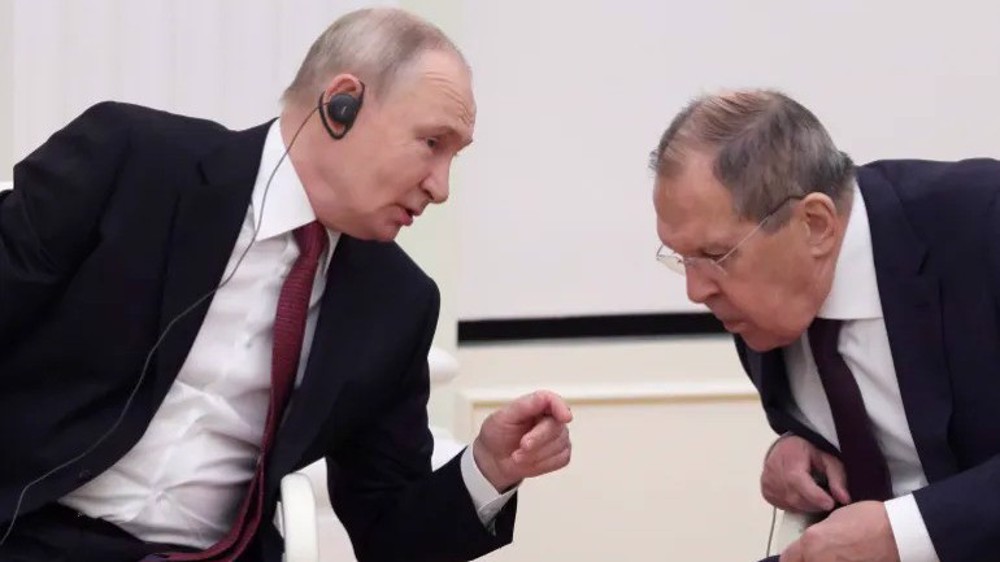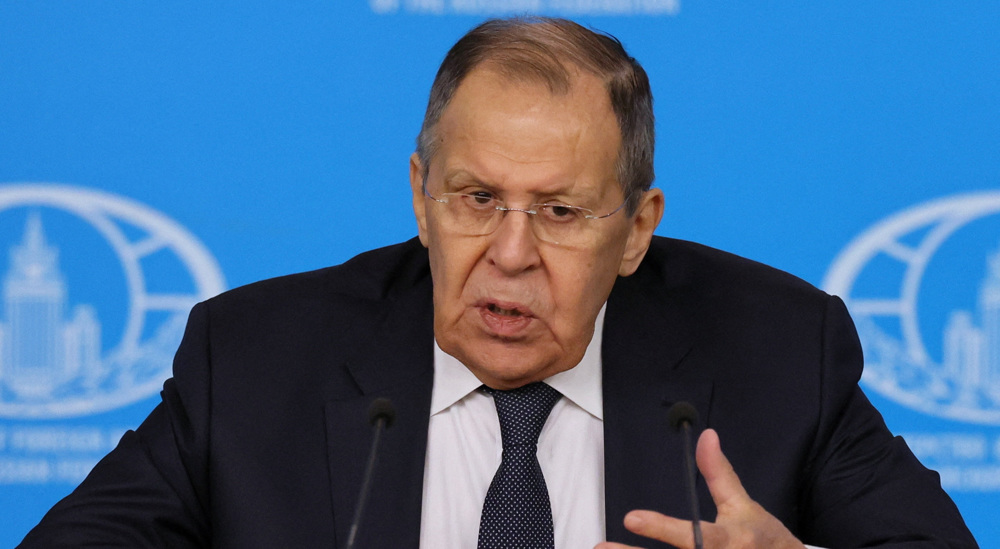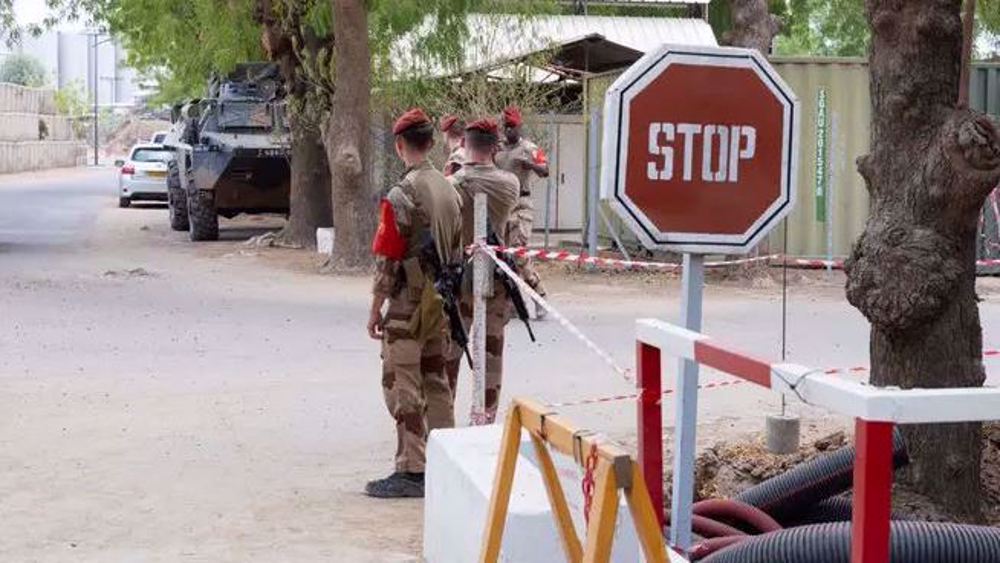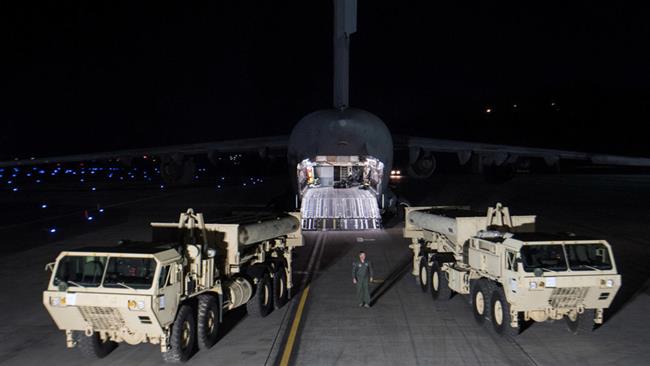Russia to react to expansion of US THAAD missile system in S Korea: Moscow
Russia says it will need to react to the expansion of the so-called US Terminal High Altitude Area Defense (THAAD) anti-missile system in South Korea, as Seoul urges Washington to install more of the missile shield system in response to the fresh nuclear test by Pyongyang.
“It inevitably will raise the question about our reaction, about our military balances,” said Russian Deputy Foreign Minister Sergei Ryabkov at a BRICS summit in China’s eastern city of Xiamen on Monday.
Moscow has on a number of occasions voiced its strong opposition against the deployment of the US shield system in South Korea. Back in May, the Russian Foreign Ministry said in a statement that “such a development is fraught with the most serious negative consequences for international and regional strategic stability.”
It also described the so-called US THAAD system as a new “destructive factor” in the already tense Korean Peninsula, whose deployment could further complicate the North Korean nuclear crisis and spark a regional arms race involving missiles.
China has also angrily objected to the deployment of the missile system so close to its borders and has repeatedly called on Washington and Seoul to remove it.
Seoul decided to host the missile system last year under ousted president Park Geun-hye to deter perceived threats from Pyongyang. The first pieces of the missile system started arriving at the Osan Air Base in South Korea in March with the approval of Seoul’s then-caretaker administration. There have also been numerous protests in the South against the deployment of the system.
Two of the six launchers of THAAD are already operational, but concerns about their possible environmental impact had forced Seoul to suspend the installation. But the South’s Defense Ministry has announced that Seoul and Washington are set to install more of the THAAD missile systems in response to the nuclear test by North Korea.
On Sunday, Pyongyang sent shockwaves across the world by detonating a hydrogen bomb, designed for a long-range missile, in the Korean Peninsula, which is said to be the most powerful weapon it has ever tested. The bomb was also some three times more powerful than the US atomic bomb that destroyed Hiroshima in 1945.

Russia, China and South Korea are among the nations that have voiced strong criticism of the North's sixth nuclear test. US President Donald Trump also described Pyongyang as a “rogue nation” which had become a “great threat and embarrassment” to China – North Korea's main ally.
The Kremlin, however, warned against taking any “clumsy steps” in dealing with North Korea, saying this would only escalate the tensions.
On Monday, an urgent UN Security Council session was held over the North’s new nuclear test. Russia again stressed that no military measure, whatsoever, could settle the Korean crisis.
“A comprehensive settlement to the nuclear and other issues plaguing the Korean peninsula can be arrived at solely through political diplomatic channels, including by leveraging the mediation efforts of the United Nations secretary-general,” said Russia's UN Ambassador Vassily Nebenzia at the session.
He also warned there was an “urgent need to maintain a cool head” and not to adopt any measure that could escalate current tensions.
North Korea is under mounting international pressure over its missile and military nuclear programs and has been subjected to an array of United Nations sanctions. But it says it needs to continue and develop the programs as a deterrent against hostility by the US and its regional allies, including South Korea and Japan.
VIDEO | Italians call on Rome to break off all ties with Israel
VIDEO | Activists gather outside UK arms fair complicit in Gaza genocide
VIDEO | Russian, Palestinian Authority presidents discuss Gaza
VIDEO | Beirut gathering: Lebanese figures back Iranian leadership
Israeli tank fires on Lebanese army during joint UN mission in south Lebanon: Report
Iran certain to deliver decisive response to Trump’s threats: Senior commander
Netanyahu skipped Davos amid arrest fears: Reports
VIDEO | West’s support for terror in Iran















 This makes it easy to access the Press TV website
This makes it easy to access the Press TV website